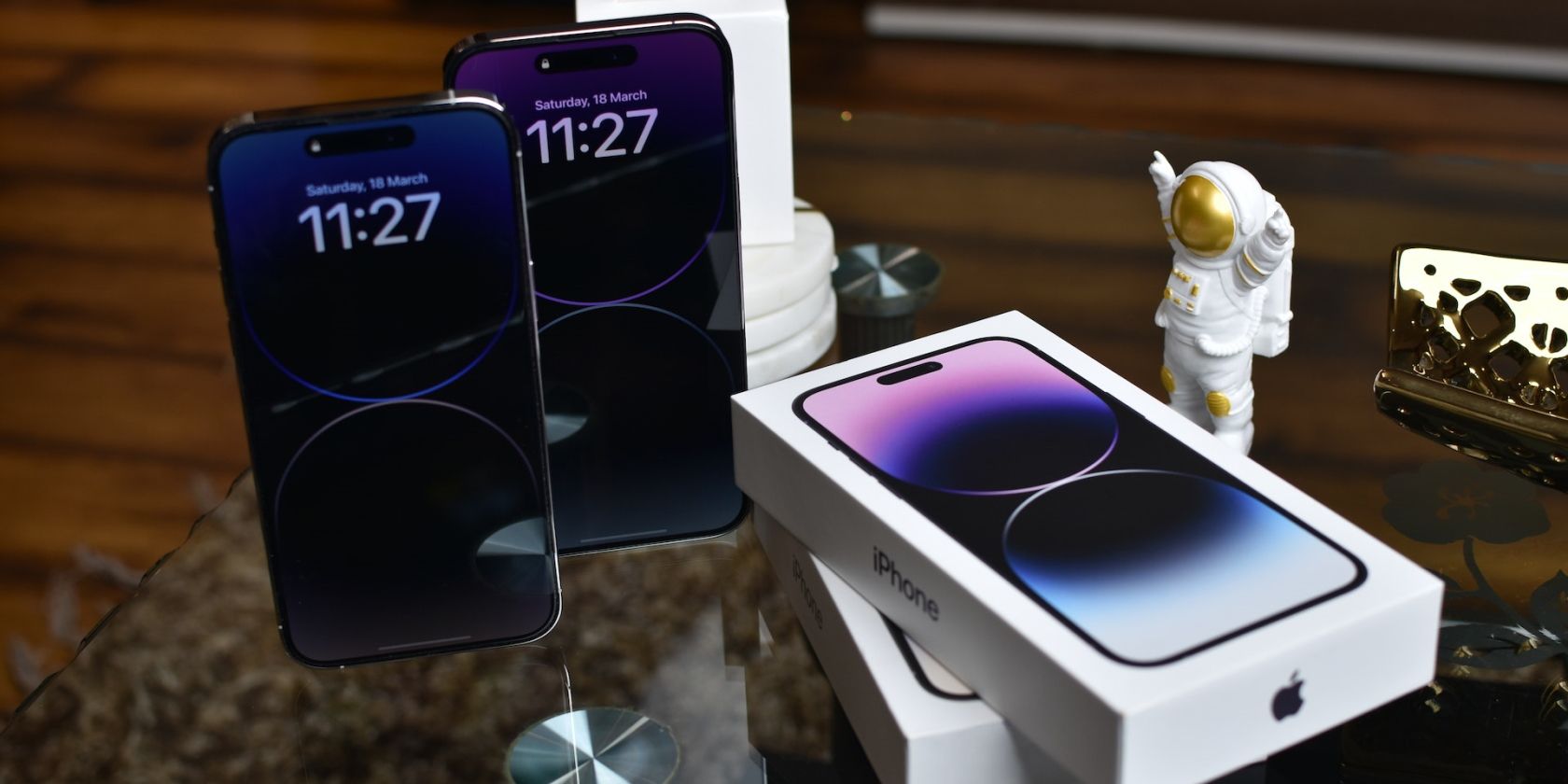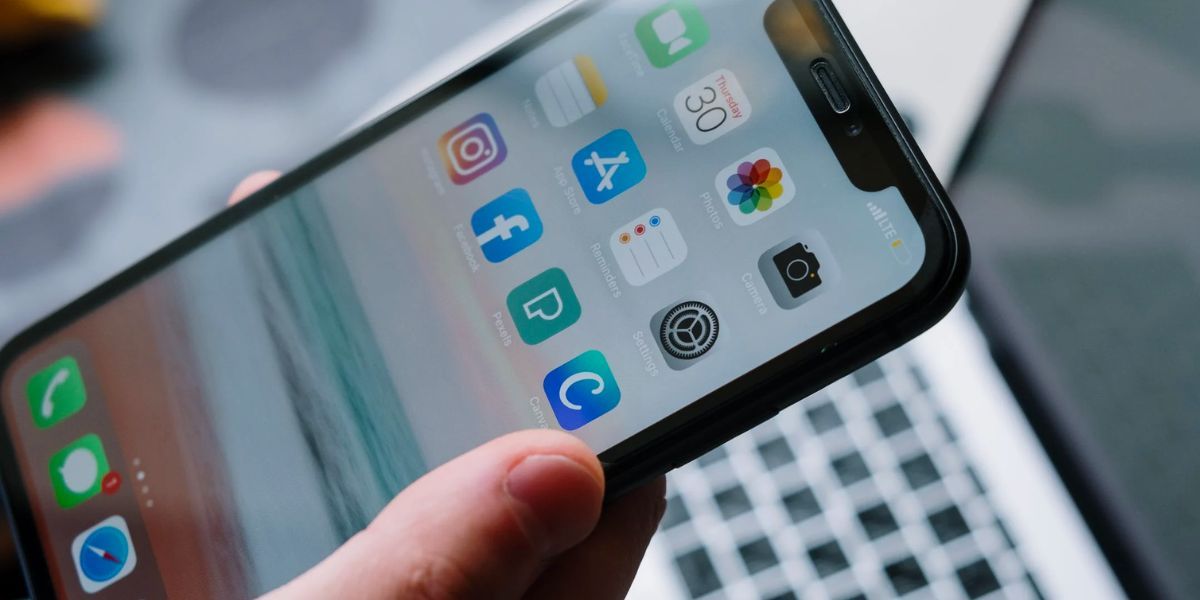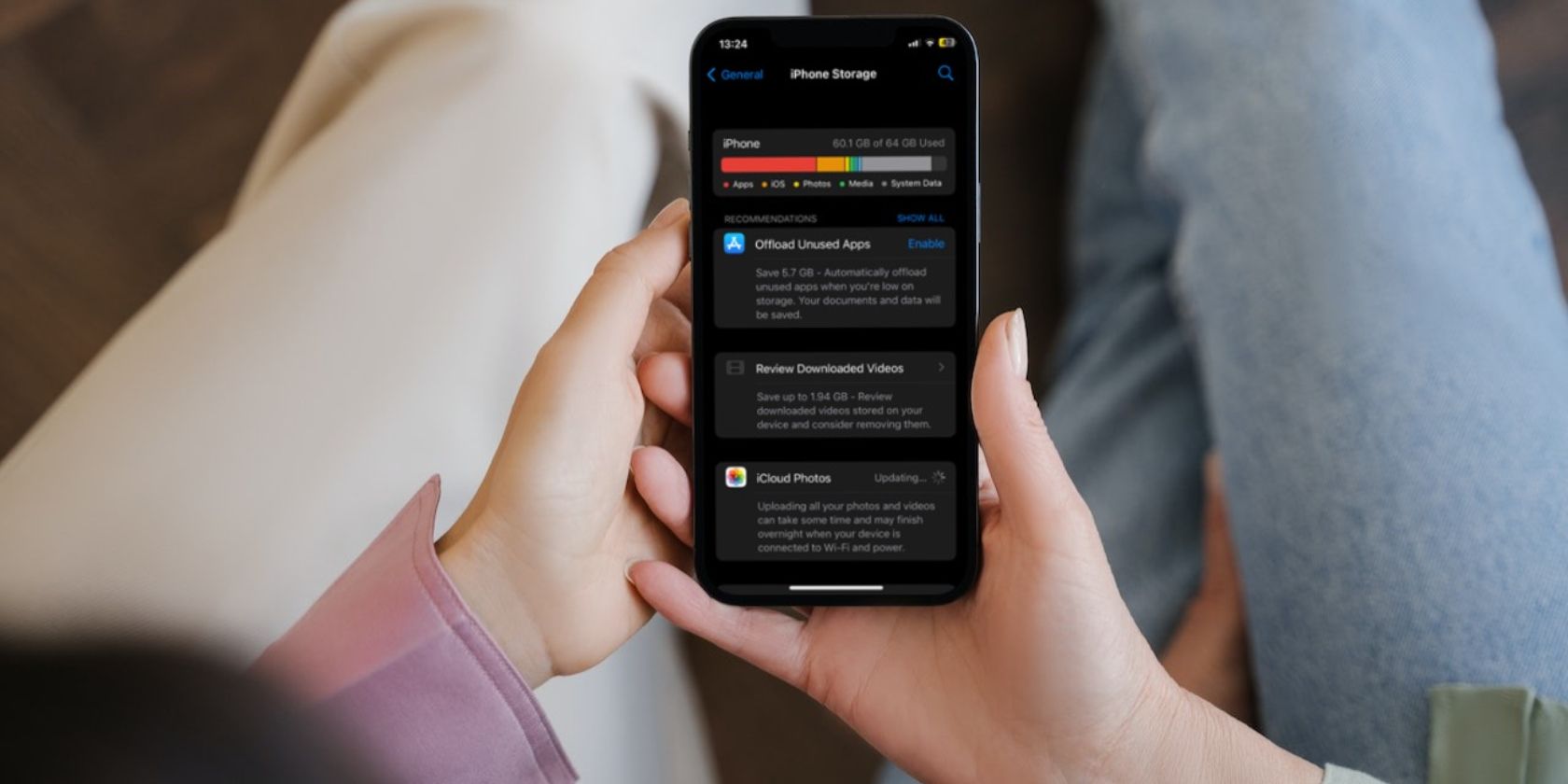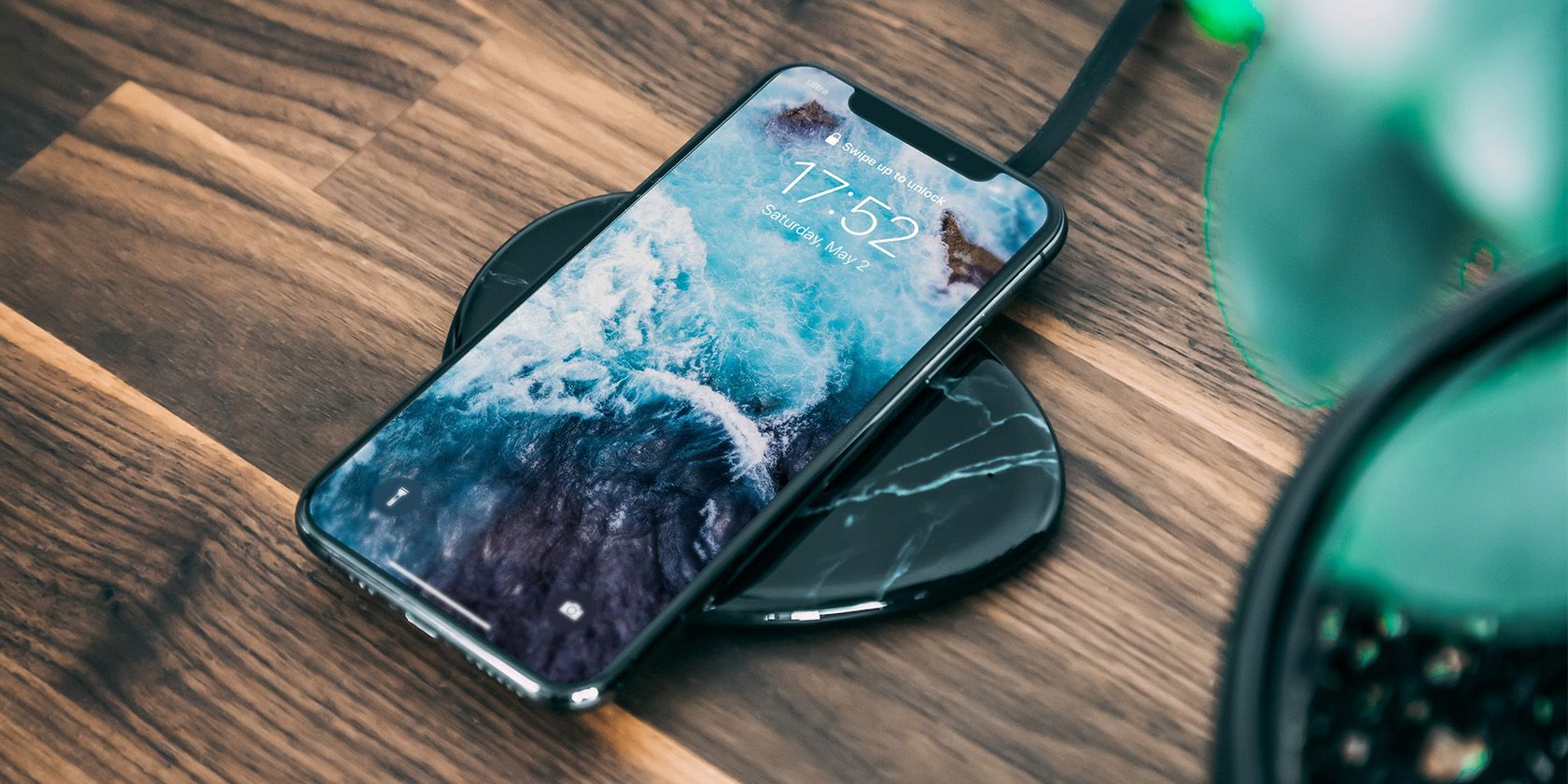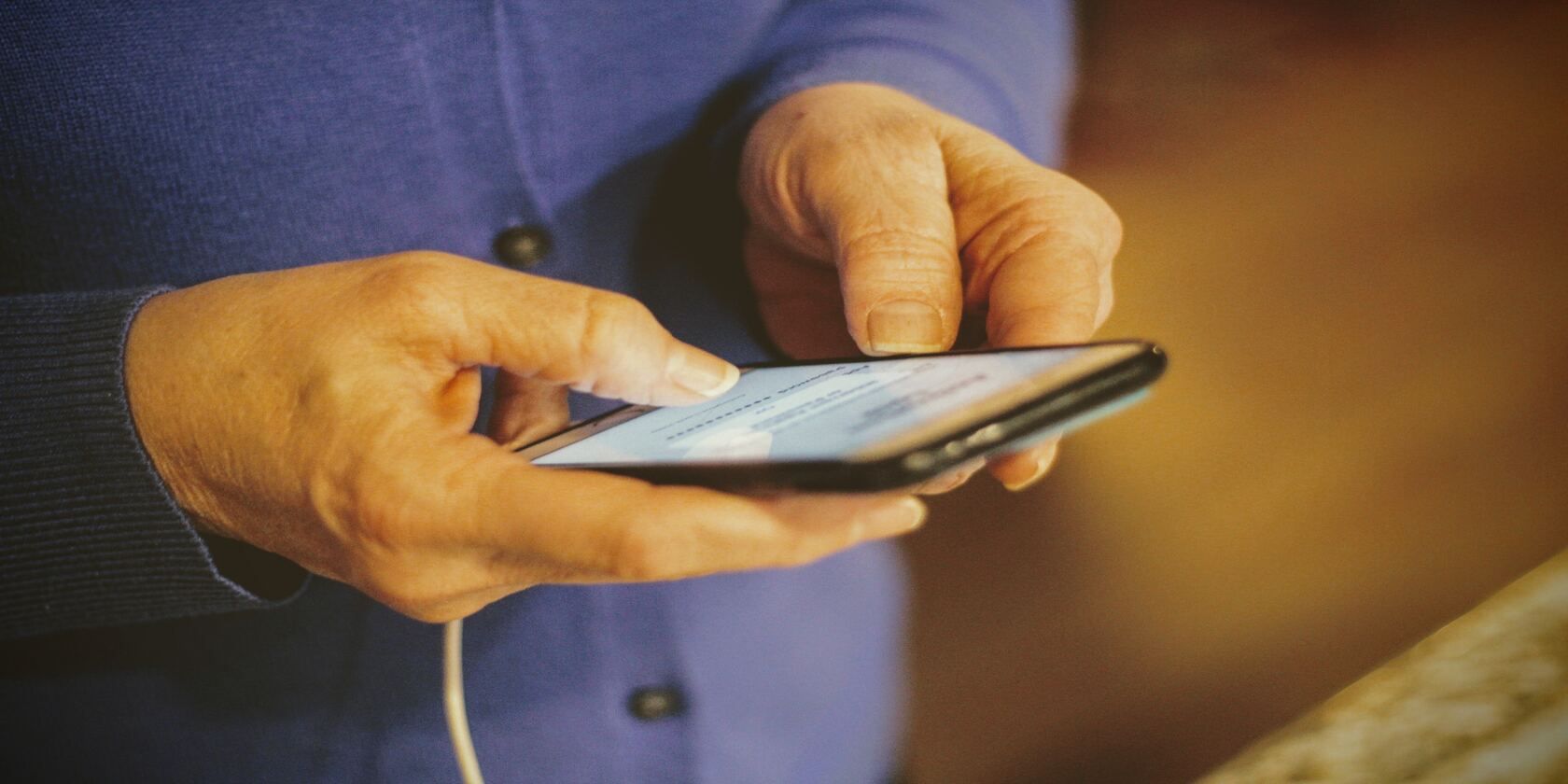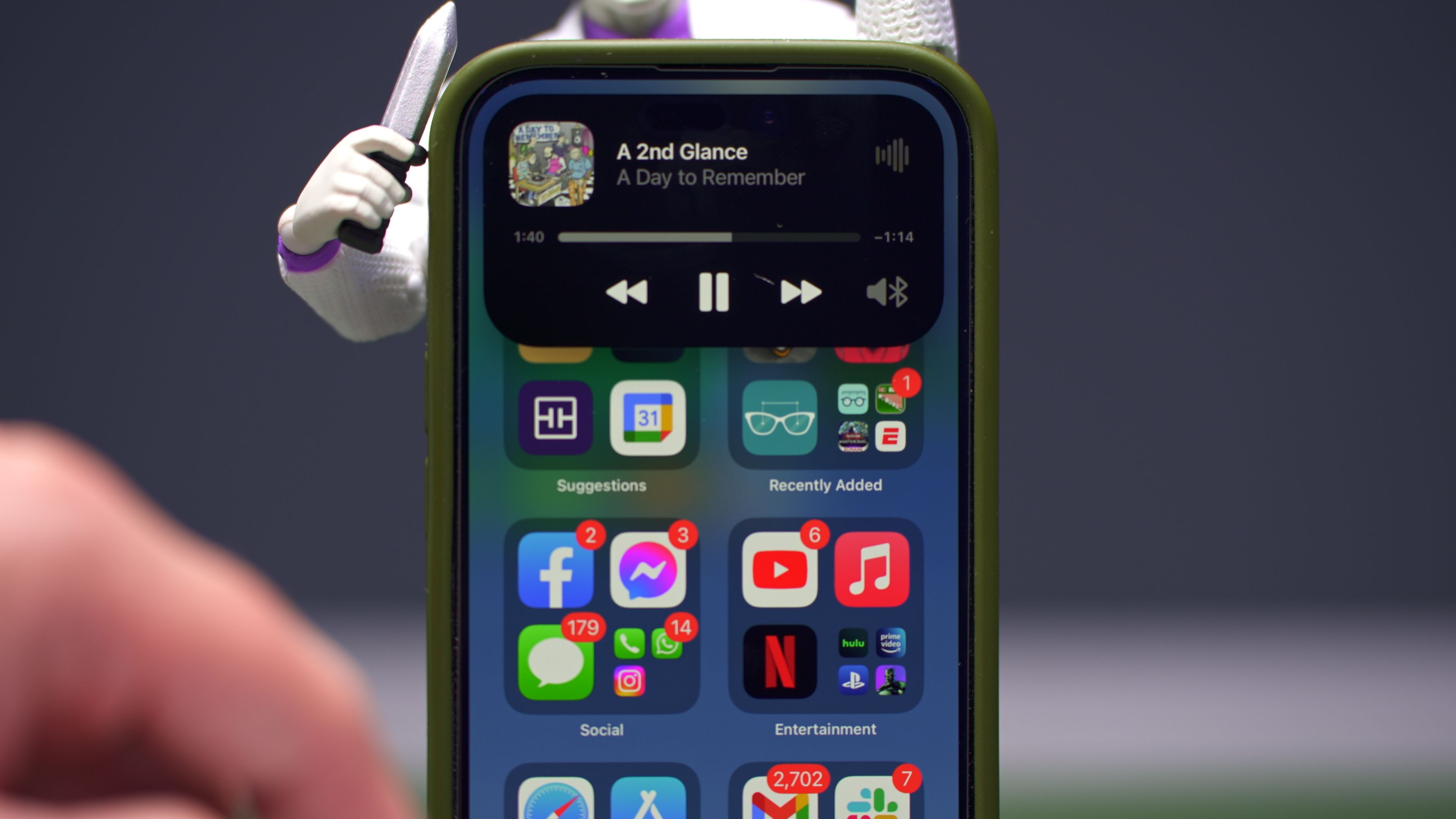Although you don't always need to buy the latest iPhone, you will eventually need to upgrade to a newer device. But knowing when to upgrade your iPhone is sometimes difficult.
Are you having issues with your phone but don't know if you should get the device fixed or buy a new one altogether? This guide will identify the most prominent signs that it's time to upgrade your iPhone after all.
How Long Does an iPhone Last?
If you look after your iPhone, you can expect it to last for quite a while. As a rule of thumb, you can expect your phone to last anywhere between four and seven years.
iPhone models almost always receive iOS updates long after their launch date. In 2021, the iPhone 6—released in 2014—could still install iOS 14 updates.
Of course, how long your phone lasts will depend on you and not just Apple. If you regularly misuse your device, its lifespan will naturally decline. It's worth debunking the myths and misconceptions around charging your iPhone before continuing.
Now that you know how long your iPhone should last, check out the signs below that it's time to upgrade your device now.
1. You Never Have Space on Your Phone
Low storage space is a common problem for iPhone users. If you don't regularly declutter your device, all the files, apps, pictures, and music can really add up. When struggling to free up enough space on your phone, going through and deleting everything irrelevant to you is an excellent first port of call.
Sometimes, though, our phone's storage space is too small to cater to all our needs. If you find that you regularly run out of room while using your iPhone at normal levels, you might want to consider upgrading to one with more storage.
If you want to check whether you're truly out of data, consider checking out this guide on clearing system data and "other" storage on your iPhone.
2. You Can't Download the Latest iOS Version
At first, not having the latest iOS version may not seem like a big deal. But keeping your phone updated regularly is essential for reasons beyond new features. You might expose yourself to malware and other security risks if you don't have the most recent Apple software.
Once your phone stops receiving the latest iOS updates, you might find it still works like normal for a while. But for your own safety, upgrading your iPhone and protecting yourself with the latest software is probably a smart idea.
You can check if your iPhone has malware and fix the issue if needs be by doing several things, such as deleting suspicious apps.
3. Your Battery Drains Too Fast
As your iPhone gets older, your battery will naturally drain faster, too. Temporary factors, like cold weather, can also cause this to happen. But if you find that you're unable to spend too long on your device without needing to charge it, upgrading might be your best bet.
If you still get new iOS updates and don't want to get a new phone, you might want to consider replacing your battery. Doing so will likely cost a lot less; just remember to use a certified repair store if you don't order the repair directly through Apple.
4. You Can't Use the Latest Chargers and Accessories
Occasionally, Apple upgrades the design of its iPhone accessories. The shift from 30-pin to Lightning connectors and the removal of the headphone jack are good examples.
Although you don't need to upgrade your iPhone as soon as these changes happen, you should keep it in the back of your mind. Once Apple stops producing these accessories, you may find high-quality versions harder to find if yours break.
If your phone's current charger has been phased out, upgrading your device might be less hassle than finding a new one online.
5. Fixing Your iPhone Would Be More Expensive Than Buying a New One
Replacing a cracked screen is one of the most commonly-ordered iPhone repairs. And while the payment upfront is annoying, it's nowhere near as expensive as needing to buy a new phone.
However, the costs can add up if your phone has sustained significant damage. For example, you might drop your phone but need to replace both your front and back cameras and the Home button, in addition to the screen.
For newer iPhones, getting these parts replaced might still cost less than buying a new phone. But if your device is a few years old, you may find that upgrading to a newer iPhone costs less—and requires less effort on your part.
6. You Can't Get Sufficient Mobile Network Coverage
Although you don't need 5G to get quick mobile coverage, having at least 4G will allow you to get the most out of your device.
Whenever tech companies upgrade the mobile network infrastructure, older devices are often left behind. You'll probably still be able to text and call people, but trying to do anything else without Wi-Fi will become more laborious.
Once your iPhone no longer receives sufficient network coverage levels and you plan on using it away from Wi-Fi, upgrading to a new device is a bright idea. You can check out the speed difference between 5G and 4G if you're unsure whether upgrading is worthwhile.
7. Your iPhone Doesn't Work
Even if you don't have the latest software or your screen is obliterated, you may find that your iPhone still works well. Eventually, though, the chances are high that your device will stop performing at anywhere near an adequate level.
If people struggle to hear what you're saying during a phone call, your apps constantly crash, or your buttons and touch screen don't work, upgrading to a new device might be your only option.
8. Not Being Able to Use the Latest Features
Over time, iPhones naturally evolve. Even if your software still works as it should, you might not be able to use the features you want access to. For example, you may feel like your iPhone's camera isn't good enough to maximize your smartphone photography.
Similarly, you might not have access to a good camera for video content. If you want to create content for your social media networks or improve your personal branding, upgrading your smartphone is potentially a good return on investment. You can choose to trade in your old device or keep it as a backup iPhone.
It Might Be Time to Get a New iPhone
Getting an iPhone is a worthy long-term investment. If you treat your device properly, you'll find that it lasts for years and continues to perform well throughout that time.
Eventually, though, all gadgets reach the end of their lives. And knowing when your iPhone is on its last legs is essential. If you've tried to free up space to no avail, you're no longer receiving updates, or you can't get good cell coverage, it's probably time to upgrade to a new iPhone.

